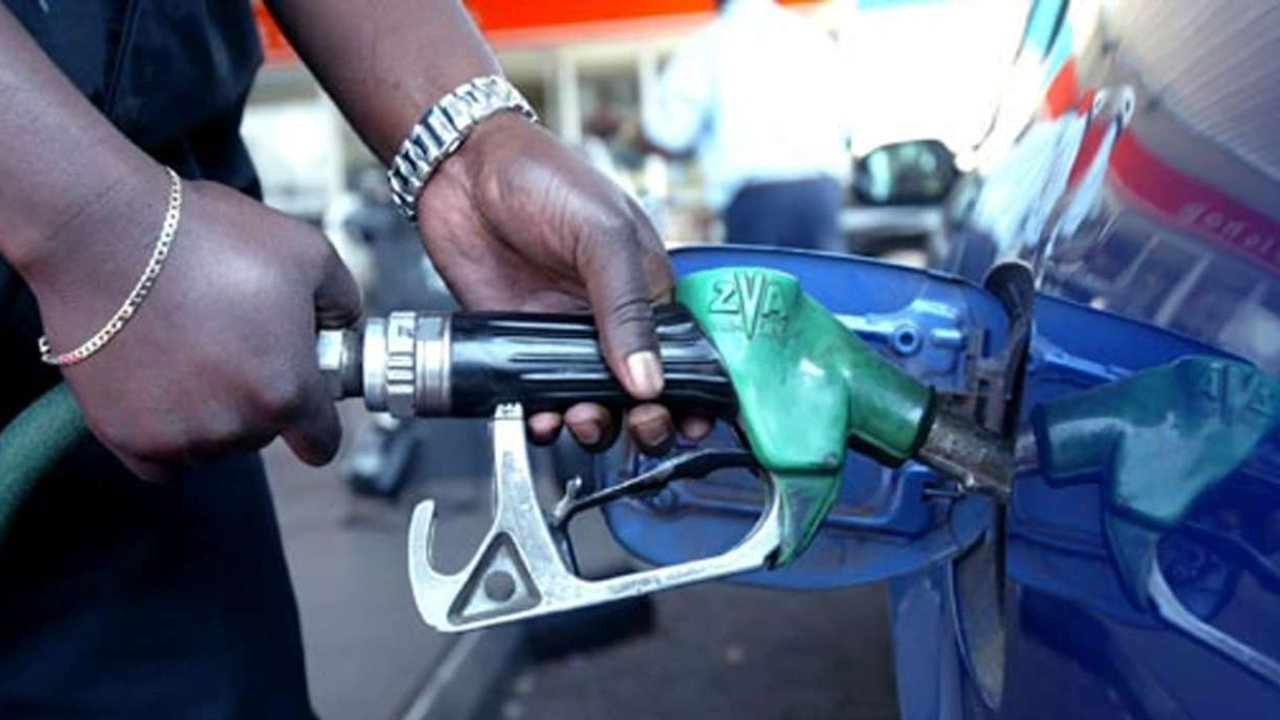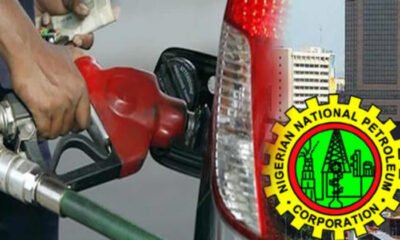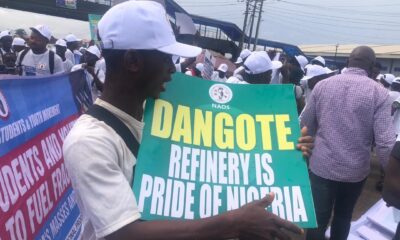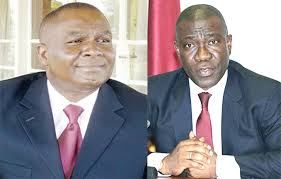Breaking News
Petrol Price Drops as Dangote, Private Depots Engage in Fierce Competition

Competition in Nigeria’s downstream petroleum market intensified on Tuesday as the average price of petrol sold by private depots and Dangote Refinery fell to ₦880.5 per litre, down from ₦881.5 per litre the previous day.
The reduction reflects growing rivalry among major suppliers, a development that analysts say could gradually ease retail pump prices if market conditions, particularly foreign exchange stability, improve.
Checks revealed that private depots including Matrix, A.Y.M Shafa, and Sigmund Zamson, which operate largely in Warri (Delta State) and Calabar (Cross River State), cut their ex-depot prices to ₦889 per litre from ₦890.
Similarly, Dangote Petroleum Refinery reduced its gantry price to ₦872 per litre, slightly below the previous ₦873, while Pinnacle Oil & Gas maintained its rate at ₦872 per litre.
Retail Prices Yet to Reflect Drop
Despite the downward adjustment, filling stations have not yet reflected the changes at the pumps. Major marketers such as MRS, Ardova, and NNPC Limited sold petrol between ₦920 and ₦922 per litre in Lagos as of Tuesday evening.
Industry operators attributed the gap between depot and retail prices to persistent challenges in the foreign exchange market, where the U.S. dollar traded around ₦1,443.77 on the black market.
Landing Cost Now ₦829.77 per Litre
The Major Energies Marketers Association of Nigeria (MEMAN) confirmed that the landing cost of petrol now stands at ₦829.77 per litre, representing a 5.69% decrease compared to Dangote’s earlier gantry price of ₦877.
According to the group’s latest Energy Bulletin published on its website, the new price was calculated using a Brent crude benchmark of $67.02 per barrel.
“The average 30-day report for PMS stood at ₦829.77, while the Spot (ASPM) was ₦815.38 per litre and Spot (NPSC-NOJ) ₦815.40 per litre,” MEMAN noted.
For diesel (AGO), the average 30-day rate stood at ₦974.50 per litre, while aviation fuel (ATK) averaged ₦962.53 per litre.
Commenting on the development, the National President of the Oil and Gas Service Providers Association of Nigeria (OGSPAN), Mazi Colman Obasi, said the falling prices were a direct result of deregulation and market competition.
“The downstream sector has been deregulated, and competition should be expected. It is expected that the competition will present more options for consumers in the domestic market,” Obasi told Vanguard.
Energy experts say the sustained price competition among major suppliers such as Dangote Refinery, Pinnacle Oil, and private depot operators could help stabilise fuel prices in the long term, provided that forex volatility, logistics costs, and crude pricing remain under control.
While Nigerians are yet to feel the immediate relief at the pump, the recent developments are being seen as a sign of increasing efficiency and transparency in the post-subsidy deregulated fuel market.


























